Title: The Art of Choosing and Pricing Japanese Ceramic Tile Types Introduction: Japanese ceramic tiles are renowned for their intricate designs, unmatched quality, and durability. With a rich history steeped in craftsmanship, these tiles have become a popular choice for both residential and commercial spaces worldwide. In this article, we will explore the factors to consider when purchasing Japanese ceramic tiles and understand their pricing dynamics. 1. Understanding the Different Japanese Ceramic Tile Types: Before making a purchase, it is essential to familiarize oneself with the different types of Japanese ceramic tiles available in the market. Some popular options include: a. Mosaic Tiles: These small, typically square-shaped tiles are often used to create intricate patterns and designs. Mosaic tiles can be made from various materials such as porcelain or clay.
ceramic tile
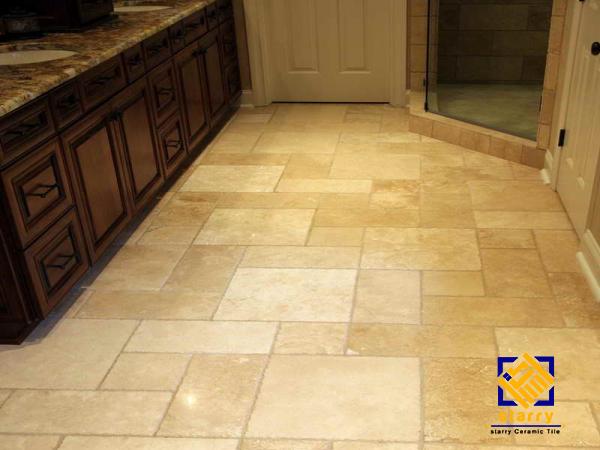 b. Porcelain Tiles: Known for their strength, durability, and resistance to moisture, porcelain tiles are an excellent choice for areas with high foot traffic or areas prone to stains. c. Hand-painted Tiles: These tiles showcase the artistry of skilled craftsmen who hand-paint intricate designs onto ceramic surfaces. Each tile is a work of art that adds a touch of elegance to any space. 2. Considerations for Purchasing Japanese Ceramic Tiles: When purchasing Japanese ceramic tiles, keep the following factors in mind: a. Purpose and Location: Determine the purpose of the tiles and the location where they will be installed. Different areas in a property have specific requirements that need to be addressed, such as durability, moisture resistance, or ease of maintenance. b. Aesthetics and Design: Japanese ceramic tiles are renowned for their beautiful designs. Consider the overall aesthetic of your space and choose tiles that complement it.
b. Porcelain Tiles: Known for their strength, durability, and resistance to moisture, porcelain tiles are an excellent choice for areas with high foot traffic or areas prone to stains. c. Hand-painted Tiles: These tiles showcase the artistry of skilled craftsmen who hand-paint intricate designs onto ceramic surfaces. Each tile is a work of art that adds a touch of elegance to any space. 2. Considerations for Purchasing Japanese Ceramic Tiles: When purchasing Japanese ceramic tiles, keep the following factors in mind: a. Purpose and Location: Determine the purpose of the tiles and the location where they will be installed. Different areas in a property have specific requirements that need to be addressed, such as durability, moisture resistance, or ease of maintenance. b. Aesthetics and Design: Japanese ceramic tiles are renowned for their beautiful designs. Consider the overall aesthetic of your space and choose tiles that complement it.
Specifications of ceramic tile
 Experiment with diverse patterns, colors, and textures to create a unique visual impact. c. Quality and Durability: Look for tiles that are made from high-quality materials and offer durability. Japanese ceramics are known for their excellence, but it is always advisable to check for warranties or certifications that guarantee longevity. 3. Pricing Dynamics: The pricing of Japanese ceramic tiles depends on several factors: a. Material and Manufacturing Process: The type of material used in the tile’s construction, such as porcelain or clay, impacts its price. Additionally, the complexity of the manufacturing process, such as hand-painting intricate designs, can contribute to higher costs. b. Size and Thickness: The size and thickness of the tiles also affect their price. Larger or thicker tiles may cost more due to the increased materials required during production. c. Brand and Reputation: Well-known brands with a reputation for quality and craftsmanship tend to command higher price points.
Experiment with diverse patterns, colors, and textures to create a unique visual impact. c. Quality and Durability: Look for tiles that are made from high-quality materials and offer durability. Japanese ceramics are known for their excellence, but it is always advisable to check for warranties or certifications that guarantee longevity. 3. Pricing Dynamics: The pricing of Japanese ceramic tiles depends on several factors: a. Material and Manufacturing Process: The type of material used in the tile’s construction, such as porcelain or clay, impacts its price. Additionally, the complexity of the manufacturing process, such as hand-painting intricate designs, can contribute to higher costs. b. Size and Thickness: The size and thickness of the tiles also affect their price. Larger or thicker tiles may cost more due to the increased materials required during production. c. Brand and Reputation: Well-known brands with a reputation for quality and craftsmanship tend to command higher price points.
buy ceramic tile
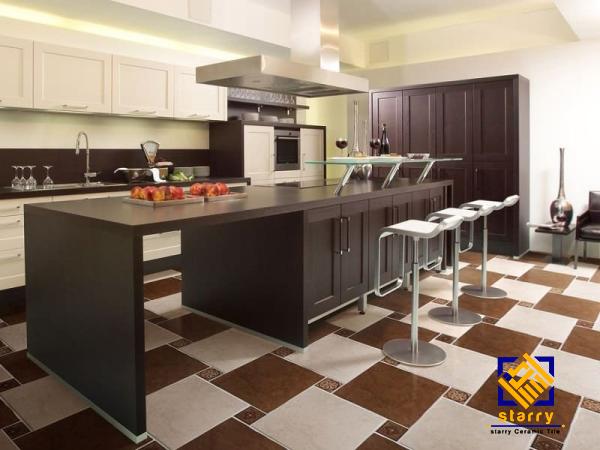 However, it is essential to research and compare prices across different retailers to ensure you are getting the best value for your investment. Conclusion: The purchase and price of Japanese ceramic tile types require careful consideration of various factors. Understanding the different tile types, considering the purpose and location, and assessing the pricing dynamics will empower you to make an informed decision. Investing in Japanese ceramic tiles will not only enhance the aesthetic appeal of your space but also provide long-lasting durability and quality. Remember to explore different retailers, compare prices, and never compromise on the quality of materials. With proper research, you can acquire exquisite Japanese ceramic tiles that are both a visual delight and a testament to the centuries-old traditions of craftsmanship.
However, it is essential to research and compare prices across different retailers to ensure you are getting the best value for your investment. Conclusion: The purchase and price of Japanese ceramic tile types require careful consideration of various factors. Understanding the different tile types, considering the purpose and location, and assessing the pricing dynamics will empower you to make an informed decision. Investing in Japanese ceramic tiles will not only enhance the aesthetic appeal of your space but also provide long-lasting durability and quality. Remember to explore different retailers, compare prices, and never compromise on the quality of materials. With proper research, you can acquire exquisite Japanese ceramic tiles that are both a visual delight and a testament to the centuries-old traditions of craftsmanship.
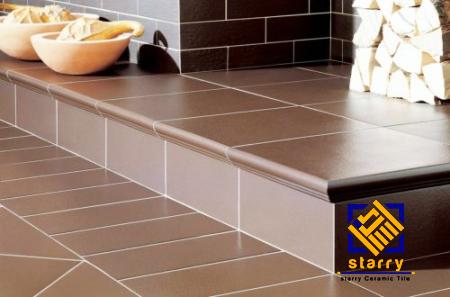
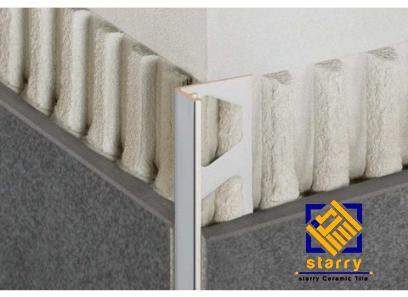


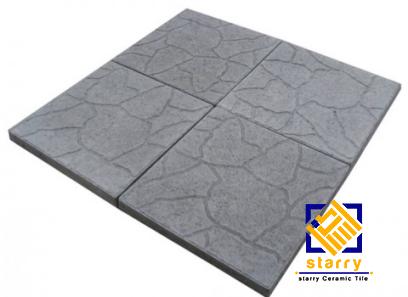




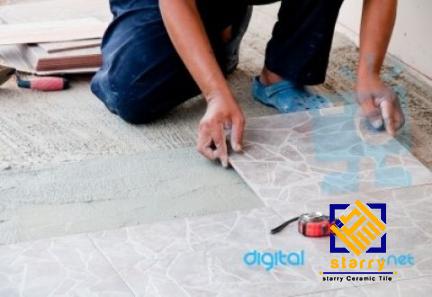
Your comment submitted.